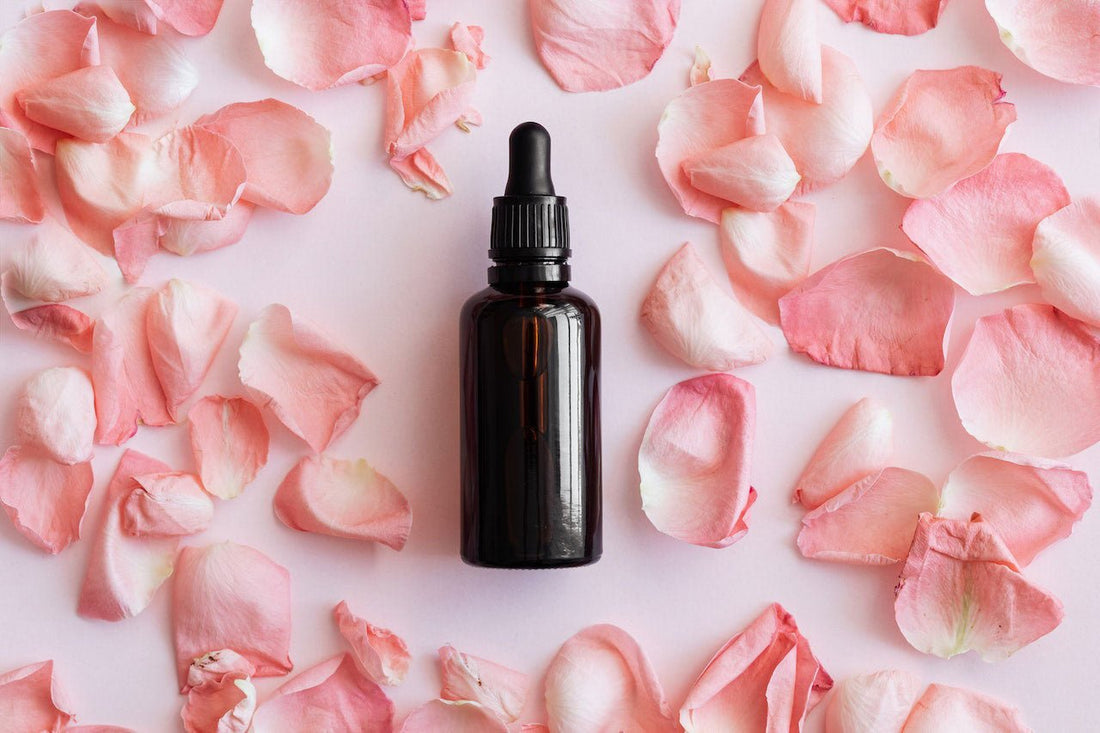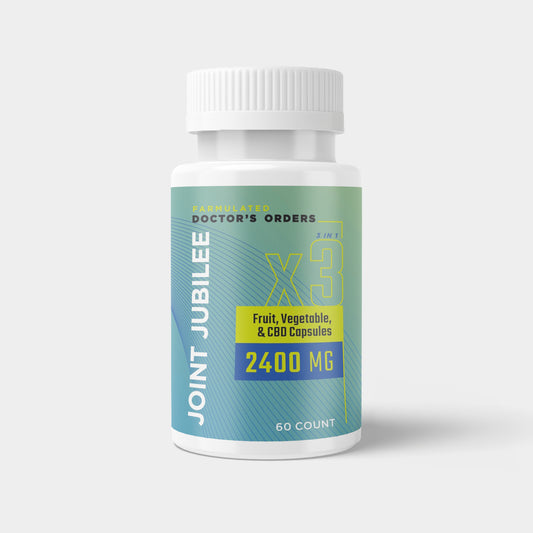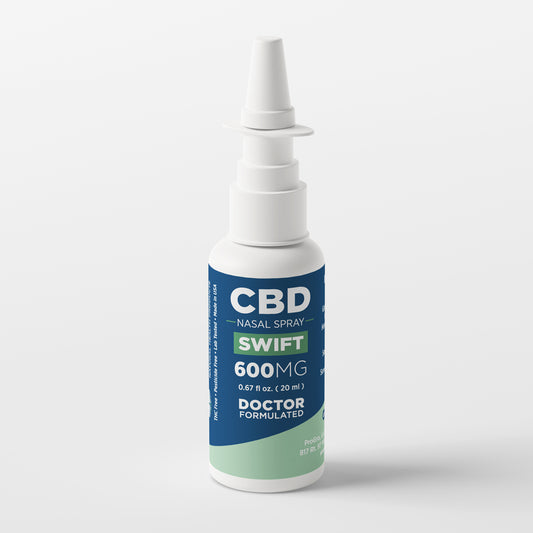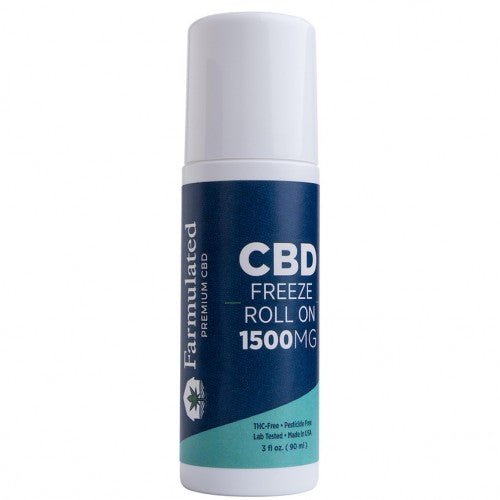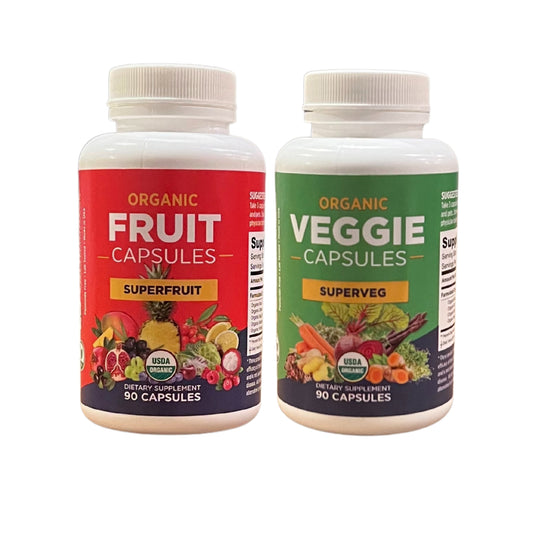CBD is a cannabinoid found in many plants, especially cannabis, and it has become a popular form of natural medicine. As its popularity has rapidly grown, there has been a lot of debate about whether CBD can be addictive. In this text, we will take a quick look at the risk of CBD addiction, the difference between CBD and drug addiction, the potential health benefits of CBD, the impact of CBD on substance use disorders, and the truth about pure CBD and cannabis addiction.
Is CBD Really Addictive?
For many years, many people have asked the question: is CBD really addictive? To some, the answer is yes, while to others, the answer is no. But the truth is, no one can really know for sure. While there haven’t been any clinical trials that prove that CBD is or isn’t addictive, the possibilities for addiction do exist. The possible addiction-causing psychoactive effects of CBD are largely unknown, but some experts do believe that regular CBD consumption may lead to dependence. However, it’s important to note that these potential risks of addiction vary depending on the CBD product and consumption method used. All in all, the potential for addiction should be taken seriously, but we need more research to determine if CBD is, in fact, addictive or not.
Examining the Risk of CBD Addiction
Though CBD is known to have a variety of health benefits, its potential for addiction should be examined closely. While many professionals in the medical community have already looked into this question, additional research still needs to be performed in order to confirm whether or not CBD may truly be classified as addictive. While it may not be as addictive as drugs like heroin, regular consumption of CBD may still be a risk factor for individuals who suffer from addiction-vulnerable traits. That’s why it’s important to understand the differences between CBD and drug addiction and examine the risk of dependency before trying out any CBD product. At the same time, the potential health benefits of CBD should also be weighed against any potential for addiction, as these will most likely outweigh any associated risks. Always consult with a medical doctor prior to using CBD, as drug interactions could possibly occur.
The Difference Between CBD and Drug Addiction
When it comes to understanding the many differences between CBD and drug addiction, it’s important to consider the ways in which CBD interacts with the body. CBD, or cannabidiol, is a naturally-occurring compound found in hemp and cannabis plants, and unlike its counterpart THC, it does not produce psychoactive effects. But unlike drugs such as cocaine, marijuana, and opioids, CBD has a far lower potential for abuse and addiction. While the potential for the development of CBD-based dependency is low, those with a propensity for addiction should emphasize caution when using it, as it may still lead to psychological cravings.
In terms of understanding the potential risks, it’s important to consider the difference between CBD and drug addiction. Firstly, drugs such as cocaine and opioids lead to a series of deeper medical and mental health issues, including short-term and long-term physical and mental distress. In contrast, CBD is less associated with these risks, as it does not cause changes in the brain that are associated with drug addiction. In addition, the side effects of CBD use are softer than that of drug use, consisting primarily of upset stomach, drowsiness, and dry mouth.
Exploring the Potential Health Benefits of CBD
As more research is conducted on the effects of CBD, a growing number of individuals are exploring its potential health benefits. CBD is most commonly associated with chronic pain relief, anxiety relief, and improved sleep. The effects of using CBD oil are thought to work by aiding the body’s natural cannabinoid receptors in creating balance throughout the body, including in the brain, immune system, and hormonal response.
The potential health benefits of CBD are numerous and diverse, giving the potential to treat a myriad of issues, including sleep disorders, depression, PTSD, and more. Additionally, it has been found to be a powerful antioxidant and may even reduce symptoms of inflammation. Moreover, many individuals are beginning to replace their existing medications with CBD, at least when it comes to treating mild to moderate symptoms. Despite its potential benefits, it’s important to discuss all your medical treatments with a medical professional prior to making any decisions.
A Look at the Impact of CBD on Substance Use Disorders
In recent years, CBD has been increasingly recognized for its purported health benefits, and its daily use has become more commonplace as an alternative means to help treat addiction. Studies suggest that this cannabinoid could also be beneficial in the treatment of certain substance abuse disorders. While more research is needed to support this claim, many communities are already turning to CBD as a potential solution to some of the problems caused by opioids and other addictions. Although most experts agree that CBD is not psychotropic and, therefore, not addictive, it could still be used to substitute the cravings inherent to substance use disorders and help the individuals suffering from them maintain a healthy lifestyle.
Unveiling the Truth About Pure CBD and Cannabis Addiction
Due to the explosion of recent research, the understanding of CBD and its effects has improved dramatically, allowing us better to differentiate it from its cousin, THC, and other addictive substances. Although both of these cannabinoids are present in cannabis and hemp plants, CBD products do not contain the psychotropic qualities that THC does. This means that any potential CBD addiction does not appear to involve the same risks associated with traditional drug addictions (like withdrawal symptoms) and is furthermore limited to the individual’s tolerance for the substance. That said, it is still possible to become addicted to CBD, particularly if it is used excessively or for medicinal purposes, for which a health professional should be consulted beforehand. By working together with our medical professionals to understand the potential risks of CBD addiction, we can better judge our individual responses to the substance and ensure that we are responsibly and safely accessing the potential benefits of this groundbreaking, natural compound. CBD has certainly been shown to possess therapeutic properties, which may help with issues like neuropathic pain.
The Bottom Line
In conclusion, it is clear that while CBD itself is not addictive, it may have some potential risks to consider when used in large amounts. While there seem to be some potential health benefits associated with the use of CBD, it is vital to recognize that the effects of CBD on substance use disorders are still not fully understood. Additionally, it is important to know the difference between CBD and other drugs in order to make an informed decision regarding its use. In 2017, the World Health Organization concluded that CBD does not appear to have abuse potential or cause harm. And according to a 2021 study from Harvard Medical School, there is no real evidence of public health-related problems associated with the use of pure CBD.

